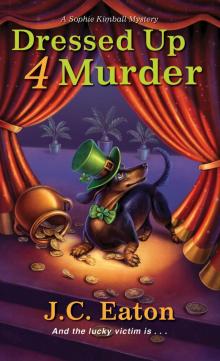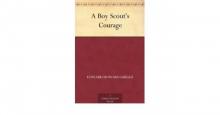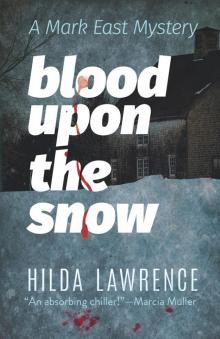The Subtle Serpent


Author: Peter Tremayne
Category: Mystery
Published: 1996
Series: A Sister Fidelma Mystery
View: 301
Read OnlineIn the fourth book in this acclaimed Irish medieval mystery series, Sister Fidelma investigates a murder at a remote abbey, only to encounter the strange disappearance of a ship and its entire crew... "The literary successor to Ellis Peters' Brother Cadfael." --Southern Star (Ireland)"One of the most intriguing new characters in detective fiction."--Book & Magazine Collector"A heroine whom many readers will willingly follow."--Kirkus ReviewsSister Fidelma is "brilliant and beguiling." --Publishers WeeklyThis is the fourth book in the acclaimed Irish medieval mystery seriesThe popular Sister Fidelma has been featured in stories in Ellery Queen's Mystery Magazine, The Mammoth Book of Historical Mysteries, and Great Irish Detective StoriesAmazon.com ReviewSeventh century Ireland provides the background in Peter Tremayne's newest murder mystery which begins gruesomely as two nuns pull a decapitated corpse from their drinking well. Sister Fidelma is called upon to determine who the body is and how she met her untimely end. Fidelma, as an advocate of the courts, is the appropriate person to collect evidence and determine if there is a case to be answered. Although Tremayne makes clear in his introduction that women under Irish law in the period aspired to and performed most professions on a similar footing with men, he does not neglect the opportunity to place Fidelma in situations where both her youth and gender raise the question of her suitability for her official capacity. Still, her enjoyment in convincing her doubters of her abilities and her ultimate success indicate, as Tremayne evidently intends, that this particular period, at least as Ireland as concerned, should not be characterized as a dark one. En route to the scene of the crime that opens the story, Sister Fidelma encounters a second curiosity, a ship foundering in the waves without a person on board. What Fidelma does discover are hints that an old and trusted friend was aboard and seems to have met the same mysterious fate as the rest of the crew and cargo, whatever that might have been. The novel proceeds as Fidelma sets out to determine the cause of each of her mysteries, and what if any is the connection between them. Tremayne is a careful and engaging storyteller; his characters are thoughtfully drawn, and he uses the central mystery for them to discuss and reflect upon the differences between the native Irish church and that of Rome (which is becoming the more powerful--and whose ultimate success will keep women like Fidelma out of the halls of power which she has confidently and capably strode.) The ecclesiastical period setting may remind readers of the work of Ellis Peters, but the 7th century is distinct from the 12th and Ireland distinct from England. Tremayne relishes those differences, creating a tale that has much to enlighten and intrigue his readers and make them anxious for the next time Sister Fidelma is called to perform her duties. From BooklistSeventh-century sleuth Sister Fidelma employs her considerable powers of reasoning and deduction to solve another perplexing homicide steeped in avarice and intrigue. When the decapitated body of a young woman is found in the well of the Abbey of the Salmon of the Three Wells, Sister Fidelma travels to western Ireland in her capacity as an advocate of the Brehon law courts. En route to the Irish kingdom of Muman, she encounters a drifting merchant ship whose crew and cargo have evidently disappeared. Tying these seemingly unrelated incidents together, Sister Fidelma unravels a tangled mystery rooted in the legend and lore of ancient Ireland. A treat for history buffs who devoured Thomas Cahill's How the Irish Saved Civilization and historical mystery fans who appreciate strong and highly intelligent female protagonists, such as Sharan Newman's Catherine LeVendeur and Kathy Lynn Emerson's Lady Susanna Appleton. Margaret Flanagan
 Murder in March
Murder in March The Man with the Silver Saab
The Man with the Silver Saab Dressed Up 4 Murder
Dressed Up 4 Murder A Boy Scout's Courage
A Boy Scout's Courage Blood upon the Snow
Blood upon the Snow Double Play (Nadia Stafford 3.5)
Double Play (Nadia Stafford 3.5) Rose
Rose Deadly Duty Box Set 1 (Sgt Major Crane Crime Thrillers Box Set)
Deadly Duty Box Set 1 (Sgt Major Crane Crime Thrillers Box Set)